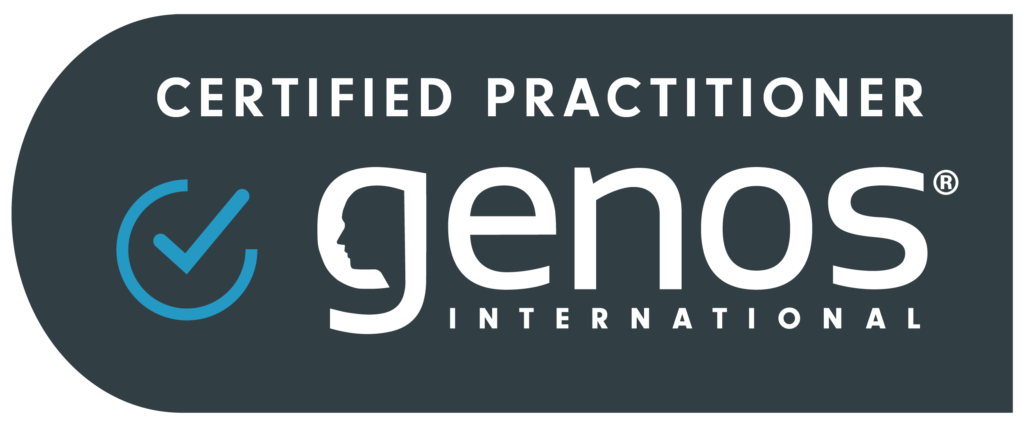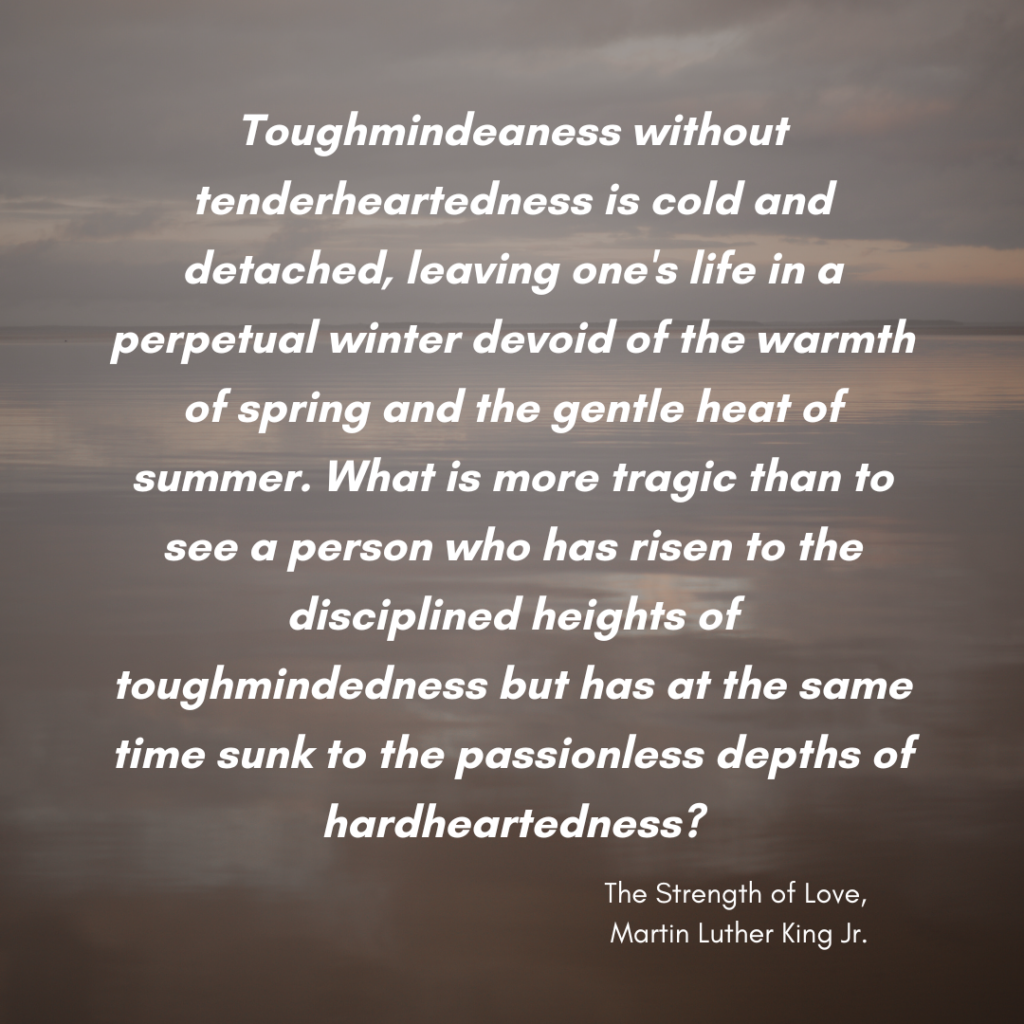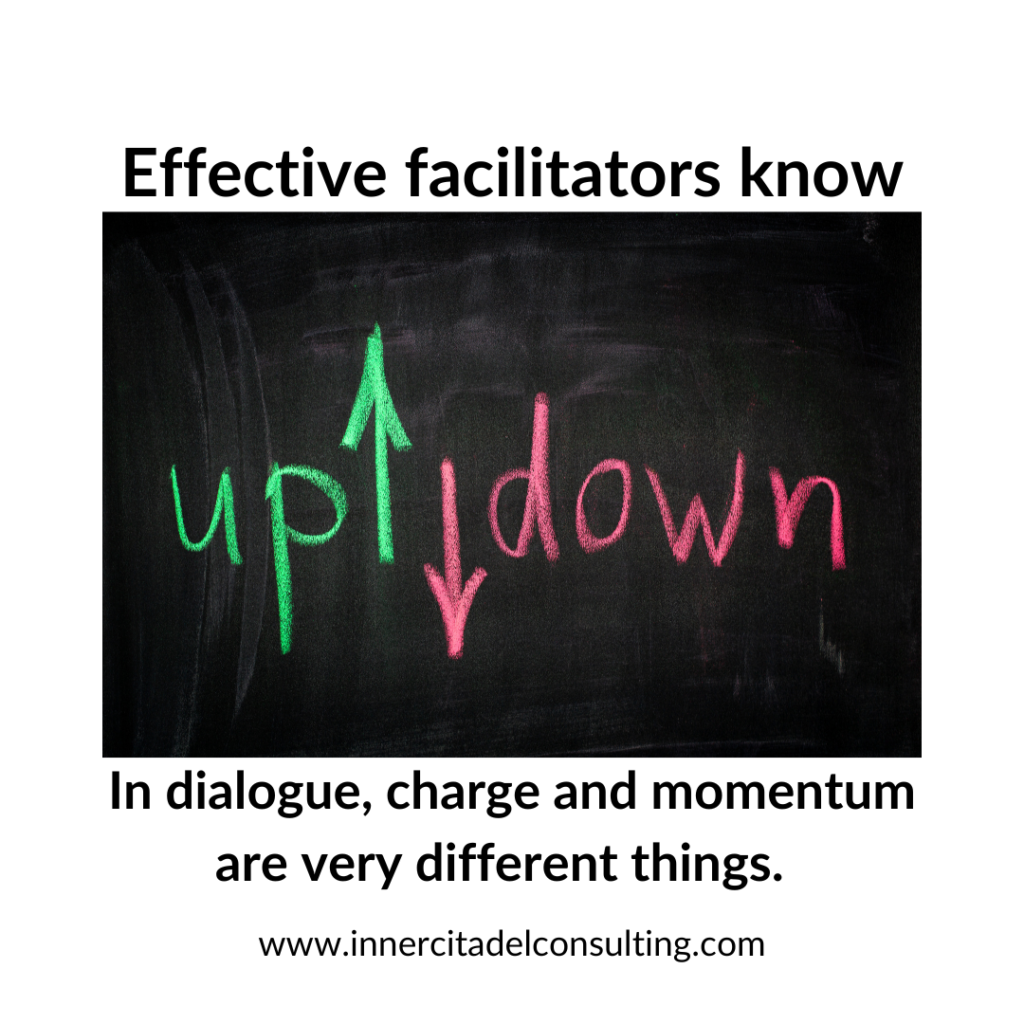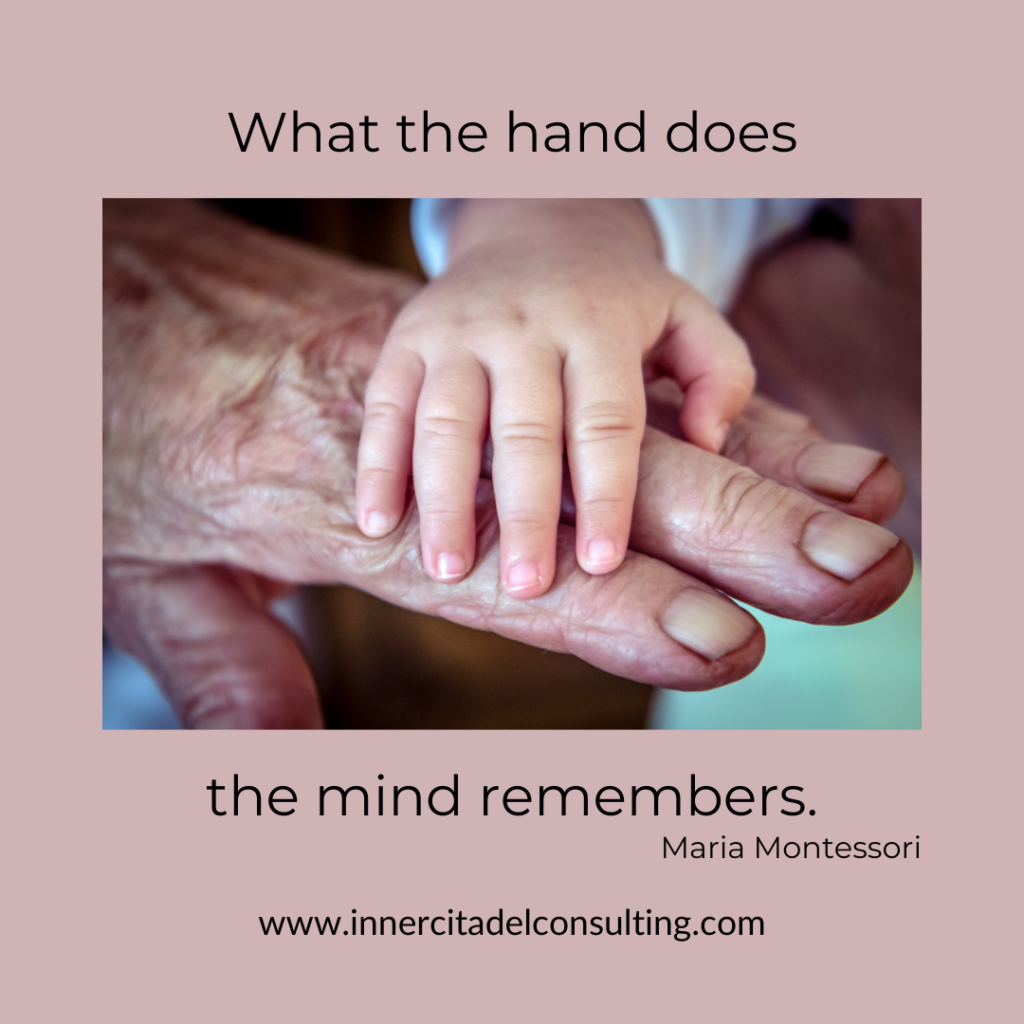Why I love Genos International Emotional Intelligence tools
I often get asked what kinds of assessments I use with clients. I use a few, but when it’s a call about Emotional Intelligence or team development, I almost always talk about Genos International first. Why do I love the Genos framework and tools so much? Well, honestly, part of it is that as I went through my training and certification, I got to know and respect (and grow fond of) the heads of Genos North America, Debbie Muno and Jeff Summers. Through them I have also interacted with the heads of Genos Europe and the CEO Ben Palmer and many Genos practitioners globally. Every single Genos-connected person I have spent time with has been generous, kind, attentive and grounded. My confidence and attachment to the assessments and model is definitely based in part on my emotional experience of the amazing people connected to it.
But I also have other rational reasons: the assessment instrument itself, the way data is presented, and the way the system as a whole supports the human-centric and integrated approach I take in all my projects.
“Perception does not define who we are, but it does define where we are limited, and where we are not yet free.”
Georgi Y. Johnson
World-class value
The Genos Emotional Intelligence assessment tools are world-class. For the last six years in a row – the only EI assessment with this distinction – Genos has been a www.trainingindustry.com top 20 awardee. The social proof is there, too: Genos tools are used in 33 countries and trusted by over 7,500 companies for development, across an astounding range of industries and sizes like IBM, Johnson&Johnson, CargoTec, Accor Hotels, AirBus, the Salvation Army, Qantas, higher education, government, and even the Phoenix Suns. The nerdier side of me also is reassured by decades of research that has gone into developing the tools and psychometrically validating the assessments. All of this, by the way, is openly shared on their website along with some compelling case studies.

Relevant Data
The way the data is presented is very helpful for me and for my clients and actively supports sense-making when the stakes are high. One of the worst things when you’re getting 360 feedback in a high stress moment is to have an incredibly complex graph to read – it’s no fun for the debriefer either. Check out this article showing how stress actually makes it way harder to read complex visual data. The Genos assessments are minimalist without losing the critical context. You can quickly see and understand, quantitatively and with qualitative comments, how the people in your workplace value the six competencies of emotional intelligence behaviors and how the rater groups perceive your demonstration of those behaviors. The result is a highly contextualized, very relevant, and immediately accessible view of what people value and how you show up to work. Better yet, the data do not represent or promote a standard to reach but values to understand and shape – for a team member or a leader the return-on-investment that comes from being able to understand and shape workplace culture and performance is immeasurable.
“Wisdom is the awareness and acknowledgement of the gap between life as you perceive, project and wish it to be and life as it is – and being shrewd and able (moment to moment) to flow, shift, act, adapt or just be accordingly.”
Rasheed Ogunlaru
Human-centered Wisdom
But most of all, because of how I build human-centric and integrated learning programs and how I do my work as a leadership and executive coach, I love these tools for the insights they can provoke in a person, in teams, and in organizations. I strongly believe that what we are missing most in our daily lives, individually and collectively, is wisdom. Sometimes that’s because we haven’t been taught to value wisdom as much as other things, like wealth, or because there’s just so much “noise” around us that it’s hard to hear our internal wisdom or the wisdom of the people around us. These tools amplify my clients’ different kinds of wisdom by centering the misalignments – the gaps as Rasheed Ogunlaru calls them – between our intention and our impact, our needs and wants and priorities, and our behaviors and our contexts. What comes from this is a massive RoI for coaching and training at all levels, insights that pay back fully over time on a personal level, a team level, and an organizational level. I know it’s a marketing hook, but when they say Genos is “Game-changing for businesses, life-changing for individuals”, it’s not just talk.
Have you spent time listening for your wisdom today?
If you’d like to talk about Emotional Intelligence for individuals or teams, the Genos International EI framework and assessments, or to set up a free Emotional Culture Index Survey for your organization, email me at [email protected].





